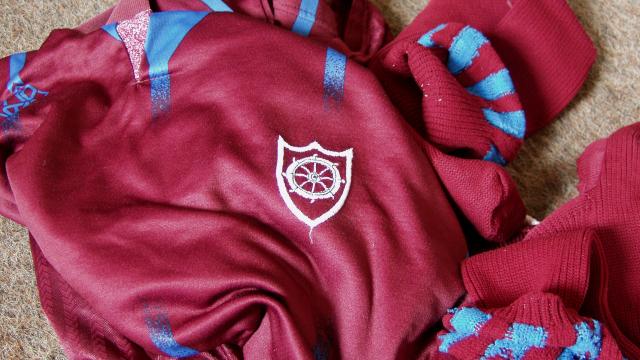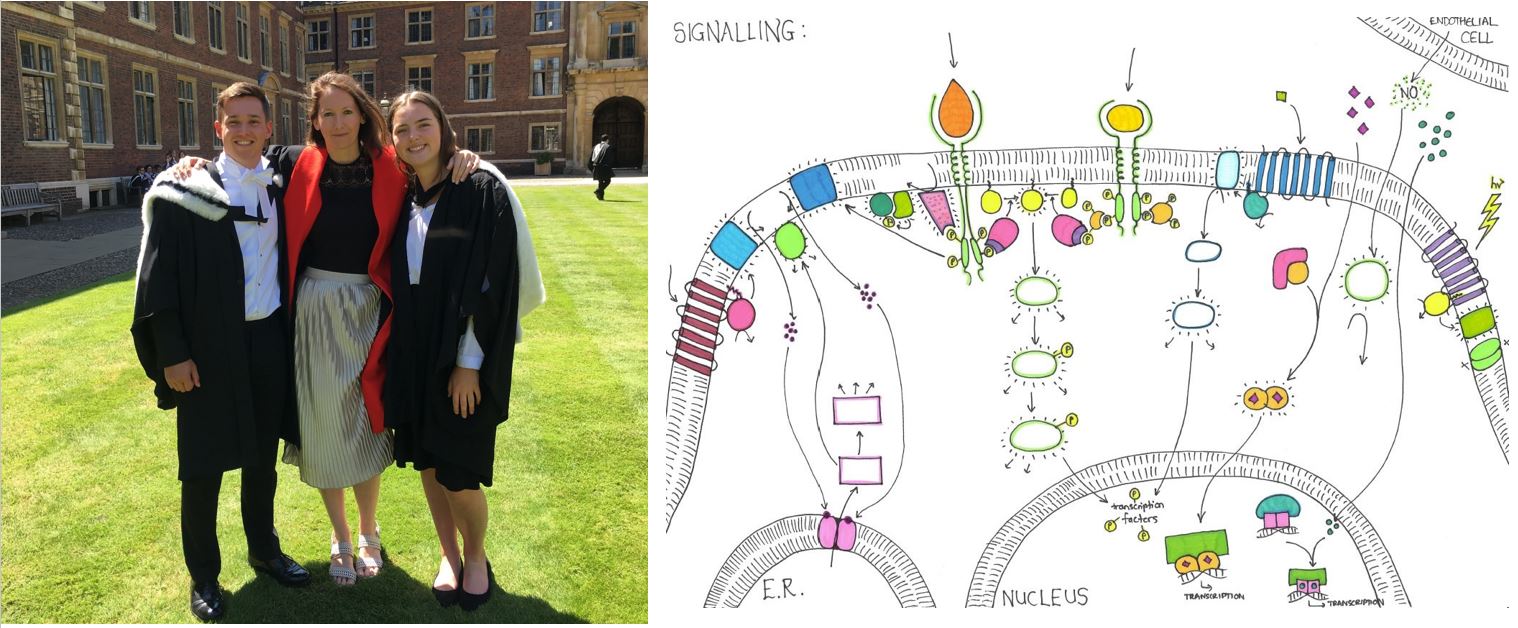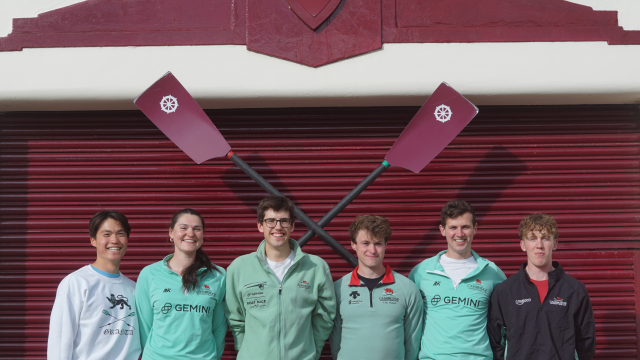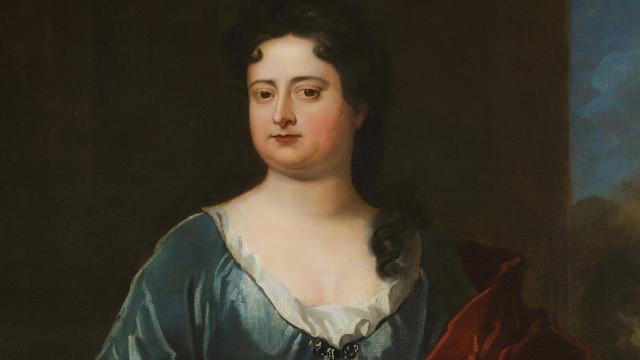
Dr Mairi Kilkenny (2016) has been shortlisted for the Innovative Teaching Award and Conrad A. Watt (2016) has been shortlisted for the Lecturer Award, as part of the Cambridge University Students’ Union (CUSU) Student-Led Teaching Awards.
The Student-Led Teaching Awards reward outstanding teaching and student support across the University and Colleges. They are entirely led by students, and rely only on student nominations to recognise the exceptional contribution of teaching and non-teaching staff to their education, and to highlight the kinds of teaching and support that they value and would like to see more of. This year, over 500 students submitted nominations.
While the unprecedented circumstances surrounding the public health emergency caused by Novel Coronavirus (COVID-19) required the cancellation of the 2020 award ceremony, the shortlist was released in late March 2020 and the winners will be announced in due course.
Dr Holly Canuto, Senior Tutor of St Catharine’s, commented, “Excellent teaching ensures that our extraordinary academic community will continue to thrive for generations to come. I’m delighted that the Student-Led Teaching Awards have shortlisted two members of the College for their inventive approaches to supervisions and lectures. Many congratulations to Dr Kilkenny and Conrad for these well-deserved honours.”
About Dr Kilkenny
As a Fellow of St Catharine’s, Dr Kilkenny is the Director of Studies for third- and fourth-year biochemistry undergraduates, and supervises 23 second-year biochemistry and molecular biology undergraduates.
“The more innovative teaching can be, the more inspiring it can be. In the last couple of years, I’ve been carefully incorporating digital tools, which not only support students in the short term, but also provide them with transferable skills and real-world insights that will put them in good standing when applying for jobs in the future,” Dr Kilkenny explained. “Undergraduates have told me that they appreciate the care I’ve taken in developing teaching materials, although I am still intrigued which of my students took time out of a busy term to nominate me – not least so I can thank them!”
Dr Kilkenny has developed an online Moodle page that collates educational resources: from quizzes that are designed to help with revision, to worksheets that she has created especially for students to download and annotate. She also produces a weekly e-newsletter, which helps bring to life how scientific principles and techniques are being applied in academic, industry, government and NHS settings.
“An inspiration for me is my high school chemistry teacher Mr Gerber, who fostered a friendly and open atmosphere that I’ve tried to replicate in supervisions so students feel comfortable to say what they are thinking and to ask questions,” she added.
About Conrad Watt
In the Easter term of 2019, while pursuing a PhD in Computer Science, Conrad took on responsibility as Affiliate Lecturer for the Department of Computer Science and Technology’s Part II course on ‘Hoare Logic and Model Checking’. This involved delivering half of the lectures and marking exams for a group of around 30 undergraduates.
“When planning how to approach these lectures, I was very fortunate to have supervised undergraduates for this course in previous years and I had access to the lecture slides used historically. Despite this foundation, I wasn’t satisfied with my first lecture, so I approached students for feedback and then prepared additional materials to address any questions or loose ends. This iterative approach worked well and I was able to adapt the content of my slides according to the feedback I received each week,” he commented.
“I am flattered to have been nominated, let alone shortlisted. It is reassuring to think that the students appreciated my effort and openness to feedback. This course was a very important opportunity for me to gauge and improve my teaching skills. I want to acknowledge the importance of one of my own teachers, Professor Philippa Gardner from Imperial College London, who still influences how I approach research and teaching.”






